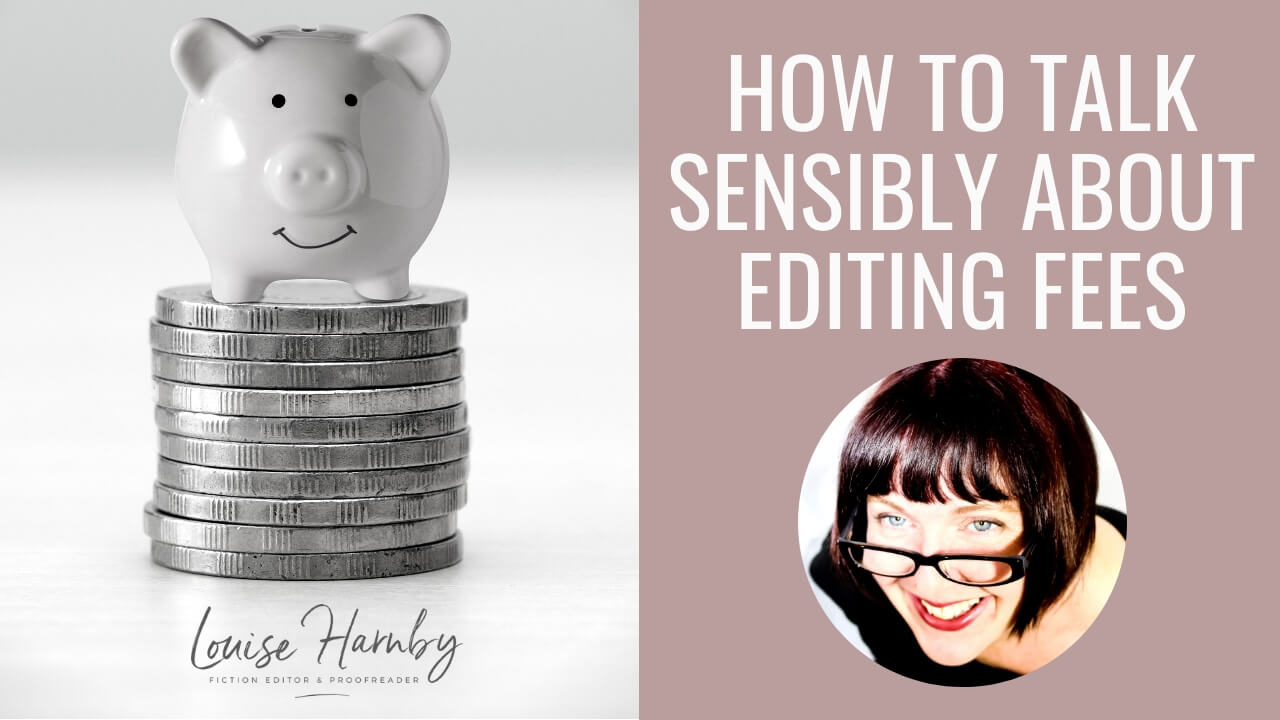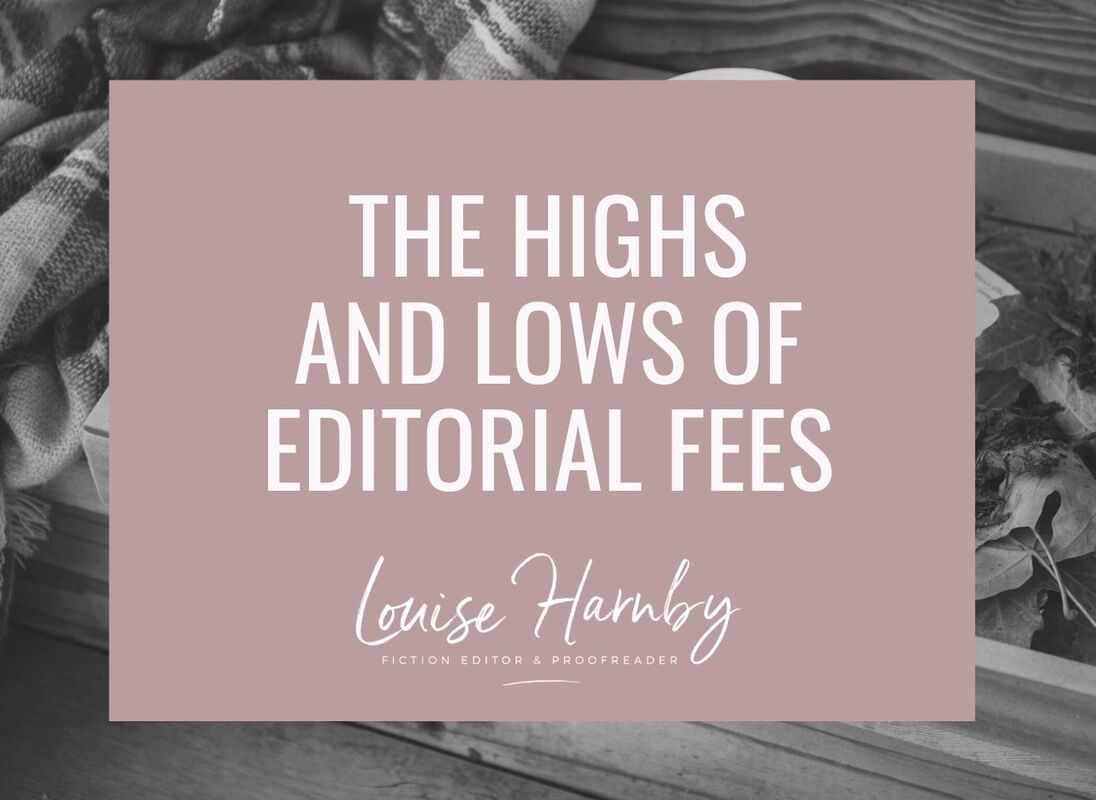|
One of the things new entrants to the field of editorial freelancing want to know is: What’s a good rate? Here's how to work out what's a good or bad fee for the job.
Terms like good, high, fair, low, poor and predatory are problematic because they’re used by individual freelancers to reflect their own experiences and circumstances, which are often very different.
Rate talk can trip us up if we're not careful. And while it can be interesting to listen to colleagues’ opinions of whether a fee is low or high, their views might not be in any way useful for us because we need to make decisions based on our circumstances, not someone else’s.
One of the first potential trip-ups occurs when the conversation takes place between colleagues from different countries. This issue is one of currency, particularly fluctuations in the exchange rate.
Proofreader A lives in Oxnard, CA, USA. She tells her colleagues in an online forum that she’s accepted an offer from an agency to proofread 4,000 words for US$25. The job is budgeted to take one hour. Some of her US colleagues say that the rate is unacceptably low; some even believe that she’s encouraging a race to the bottom by accepting such a fee from an organization whose rates are clearly unfair. Meanwhile, Proofreader B, who lives in Manchester, UK, is reading the forum thread.
Proofreader B needs to earn a minimum of £20 an hour to meet her needs.
Conversations that include blanket terms such as high and low therefore don’t help Proofreader B. Because the exchange rate fluctuates, so do her perceptions of whether a price is good or bad.
It’s not just currency fluctuations that affect our perceptions of good, high, fair, low, poor and predatory in relation to editorial rates. Circumstances muddy the waters too.
Proofreader C lives in Belfast, Northern Ireland. She tells her colleagues in an online forum that she’s accepted an offer from an agency to proofread 4,000 words for £16. The job is budgeted to take one hour. Some of her colleagues say that the rate is unacceptably low; some even believe that she’s encouraging a race to the bottom by accepting such a fee from an organization whose rates are clearly unfair. Meanwhile, Proofreader D, who lives just down the road from C, is reading the forum thread.
Proofreader E lives to the west in Strabane.
Proofreader F lives next door to E.
So, conversations that include blanket terms such as high and low don’t help Proofreaders D, E and F either because although they’re all operating within the same geographical region and the same currency market, their circumstances are all very different. Deciding what rate works for you If you want to work out whether Agency X, Publisher Y or Packager Z’s rates are acceptable, you need to know what good, high, fair, low, poor and predatory mean to you based on your situation – not anyone else’s. The same thing applies to deciding what price to set with clients who come directly to you. Consider the following:
That data – as it applies to you, not your colleagues – will give you a useful initial benchmark with which to evaluate whether a fee is low or high. Your colleagues’ opinions are interesting but your colleagues are not responsible for running your business or your home, so their opinions should not be used to determine whether you accept or decline work at a given price. *** While I don’t believe that colleagues should be the sole determiners of the fees we accept or offer, I do think they’re the go-to people for many, many more types of information. See this post on the value of networking – both online and offline.
Louise Harnby is a line editor, copyeditor and proofreader who specializes in working with crime, mystery, suspense and thriller writers.
She is an Advanced Professional Member of the Chartered Institute of Editing and Proofreading (CIEP), a member of ACES, a Partner Member of The Alliance of Independent Authors (ALLi), and co-hosts The Editing Podcast. Visit her business website at Louise Harnby | Fiction Editor & Proofreader, say hello on Twitter at @LouiseHarnby, connect via Facebook and LinkedIn, and check out her books and courses.
8 Comments
22/3/2017 06:31:50 pm
This is so useful! I'm so glad I've found your site (via Liz Dexter and Sophie Playle!) - it's exactly the kind of guidance I'm looking for at the moment. I set up my freelance editing business in 2013, but pricing has always been my pain point, and now I've reached a more stable place in terms of bookings and income, getting it right going forward is this year's goal!
Reply
Louise Harnby
22/3/2017 06:47:18 pm
Glad you like it, Sara. I really do believe that the key is to focusing on your own needs and goals. It's easy to feel swamped by what others say is good or poor and that's a distraction that you don't need when you're trying to move forward. I have two colleagues - yep, just two - who I have deep pricing conversations with. That's because their business models are similar to mine and we have a similar approach to business in general. I trust them completely and this means I don't find myself overwhelmed by the death-by-consensus that one can finds if one talks to too many people, say in a Facebook group. The other problem with larger forums is that it all depends on who's around and involved in the thread. If the main opinions are being voiced by people with very different client types, levels of experience, financial requirements, and access to alternative clients, the views may be completely inappropriate!
Reply
22/3/2017 06:55:19 pm
Thanks so much! I really struggled initially when attempting to benchmark against others because of all the different definitions of the services on offer - and I definitely made the mistake more than once of trying to be guided by a non-comparable business. I think it's definitely a case of quality of guidance over quantity - and now I'm renewing my focus on how to run my business properly rather than drowning in underpriced work (all my own fault), I think things are just going to get better and better.
Louise Harnby
22/3/2017 07:07:15 pm
The service-definitions issue is massive. Can you imagine what it's like for our clients?
Reply
22/3/2017 07:20:43 pm
Absolutely! And having been an editing client as well, I've seen it from the other side - figuring out exactly what you're getting and comparing services and prices is a challenge when it's not like for like! I think the key lesson is: Never assume... and in terms of learning the best way to go about it myself, it's been an epiphany realising that I should be going through the process you describe - looking inward, when I've spent so much time looking out and trying to be comparable rather than asking what the best goal would be for me! Thanks so much for your time - looking forward to diving into your books!
Reply
Not just a read for new entrants and something to share every January... it's been a real struggle these past two years to get pricing right in terms of getting jobs but feeling that I am being underpaid for the time and effort involved. The exchange rate scenario is a good and useful one but what isn't tackled is pricing for clients in countries where charging a certain fee seems extortionate to them and yet when I convert it into what I need to live on it is not nearly enough and I feel like throwing in the towel and cleaning toilets instead! I also charge per 1000 words not per hour as my energy levels and speed fluctuate and that is my problem not the clients' so general vim and vigour affect the hourly rate as well.
Reply
Louise Harnby
21/1/2018 01:35:08 am
Hi, Freya. You raise an interesting point and I've not discovered a solution other than only to accept work from those who can afford my fee. We live in a global market but there is not a global cost of living, as you say. One solution (though it will take time to bear fruit) is to focus your marketing efforts on your 'perfect' customers, sometimes called avatars or pen portraits in the marketing world. This means the opposite of being all things to all people. It can feel daunting, but it does mean in the longer term that you attract those who are best suited for your business model. Good luck!
Reply
Jasmin
30/10/2018 01:17:39 pm
I found your website by chance when I was doing some research and I'm so glad I did! I currently work in PR and have recently been asked to proof read some short books outside of work. Part of my job is proof reading and editing so I already have some of the required skills but pricing was my biggest challenge, this has helped massively, along with your other posts/videos with tips for proof reading and editing. I now feel like this is something I could pursue part time outside of my current job. Thank you!
Reply
Leave a Reply. |
BLOG ALERTSIf you'd like me to email you when a new blog post is available, sign up for blog alerts!
TESTIMONIALSDare Rogers'Louise uses her expertise to hone a story until it's razor sharp, while still allowing the author’s voice to remain dominant.'Jeff Carson'I wholeheartedly recommend her services ... Just don’t hire her when I need her.'J B Turner'Sincere thanks for a beautiful and elegant piece of work. First class.'Ayshe Gemedzhy'What makes her stand out and shine is her ability to immerse herself in your story.'Salt Publishing'A million thanks – your mark-up is perfect, as always.'CATEGORIES
All
ARCHIVES
July 2024
|
|
|
|



















 RSS Feed
RSS Feed





